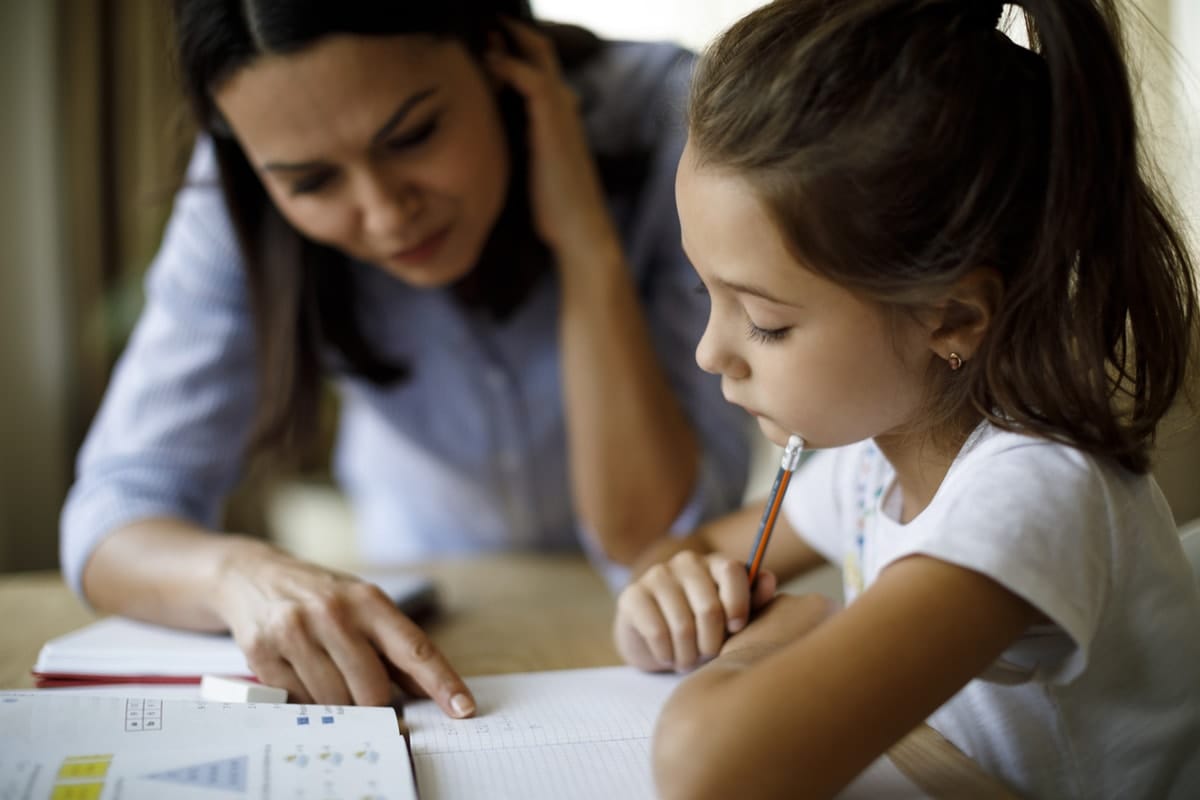
With widespread school closures in the UK and the US aimed at slowing the spread of the coronavirus, the decision to keep Australian schools open “for the foreseeable future” has created concern and fear among many parents, teachers and students.
Despite the call to keep schools open, many independent schools have closed, or plan to close, and are moving to an online learning approach.
Even though many Australian schools remain open, some families have chosen to self-isolate in a bid to slow the spread of the virus. This raises concerns that families and schools who have access to both technology (high-speed internet, iPads, etc) and tangible resources, such as books, will fare much better than those from lower socioeconomic backgrounds and/or rural areas if schools close.
The impact of the coronavirus on teachers
Concerns have been raised that closing schools would force many parents to stay home and look after children, causing a devastating blow to the economy, retail and the healthcare workforce. However, there has been limited discussion about how teachers are positioned within this crisis.
Many teachers are now forced to manage their normal working day, while also preparing online materials for a potential closedown and fielding numerous questions from parents who have chosen, or are considering, self-isolating.
Many teachers are now forced to manage their normal working day, while also preparing online materials for a potential closedown and fielding numerous questions from parents who have chosen, or are considering, self-isolating.

So, who is looking after and supporting our teachers during this time?
It’s been argued that the risk to school teachers is low, despite the struggle to adhere to recommended social distancing measures (try policing 5-year-olds to keep 1.5 metres away from one another). The problem is that teachers already felt underappreciated and overworked before the coronavirus crisis, so the general disregard for teachers’ wellbeing reinforces the idea that the profession isn’t valued.
While corporate giants have led the way in providing the opportunity for their employees to work from home, this is not an option for teachers and school leaders who are tasked with keeping the sector afloat.
Read more: Coronavirus: Remembering the value of school in a time of crisis
To close or not to close?
While there are many perspectives on whether schools should or shouldn’t close, the reality is that each family is dealing with its own set of unique circumstances. Consider the single parent who can’t afford to miss work, as opposed to the family who can manage for one parent to stay home with the children. It’s important to not imagine that we’re all in the same situation, but rather consider how to support one another during this time.
Tips for home learning
With rising fear among parents that they may be forced to moonlight as teachers for a period of time, particularly those with younger children, the following are some tips about how to support your child’s learning at home.
- Try to remain positive. Your positive attitude about learning is crucial. If you see learning at home as a cruel punishment, so will your children. If your child is feeling anxious about the impact of coronavirus, make sure to take time to listen and talk to them about the situation.
- Keep to a schedule. You don’t need to tap into your inner drill sergeant, but consider working with your child to create a reasonable and practical schedule and/or routine for the day. Having a structure and routine can help reduce anxiety and curb negative behaviours. It also allows your child to suggest ideas of how they can learn in different and new ways (taking the measuring tape outside to measure distances, asking a question and then trying to research the answer, playing Scrabble or other board games, watching a documentary).
- Remain balanced. If keeping a schedule, consider a variety of activities that meet a range of educational needs. Break up “academics" with time for physical activity, creative activities and projects, and outdoor learning. While technology can provide great opportunities to learn (scripting and creating podcasts, maths games and quizzes, interactive language activities), create strict limits on screen time, and monitor it. Provide opportunities for downtime as well.
- Consider how you communicate with your child’s teacher. Many schools that have closed or are preparing to close will establish a study plan as they attempt to appropriately cover the curriculum. Therefore, heed their advice – they’re experts in this field. If you’ve chosen to self-isolate, and your child’s school remains open, keep in mind that teachers are still teaching and will most likely be unable to provide additional self-study resources. Above all, be kind, as teachers are under a great deal of pressure, too.
- Focus on the process of learning. Focus on the process of learning rather than the product. It’s not about how many levels are completed, but how well your child is learning the content. Many children will try to rush through work so they can finish it. Reinforce that it’s about the quality of learning, not the quantity.
- Support one another. There are some fantastic initiatives in place with people sharing learning resources. In addition to a host of online learning resources, social media is a great place to post and view storytelling sessions (even the celebrities are doing it) and share learning resources through community Facebook pages. This is a great opportunity for us to come together as a community.





